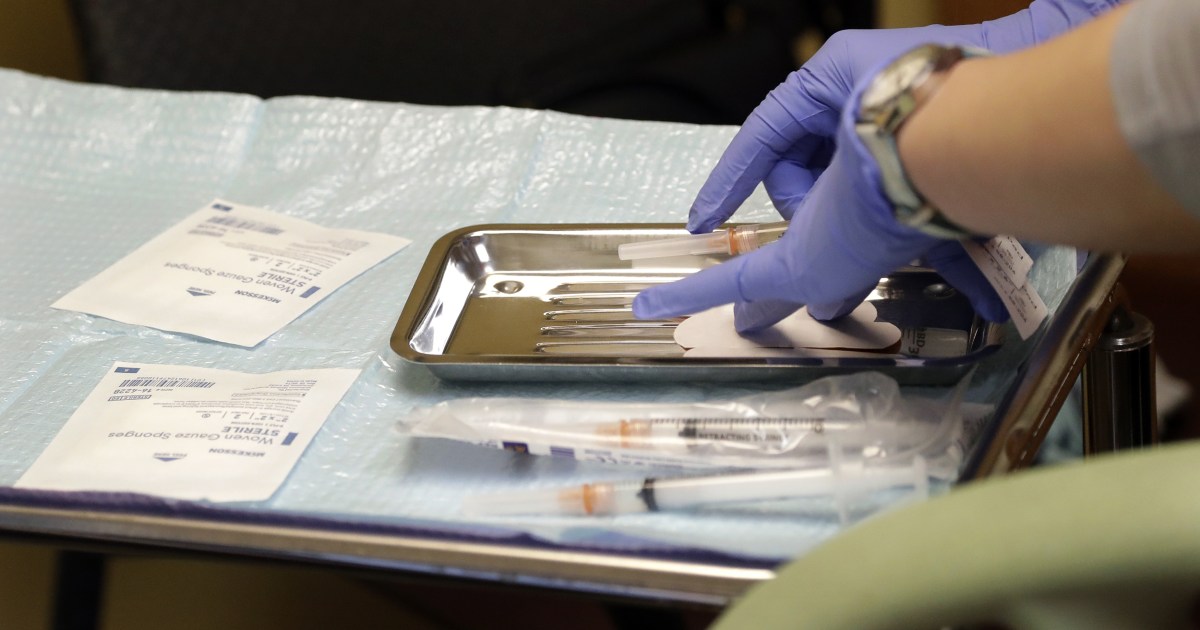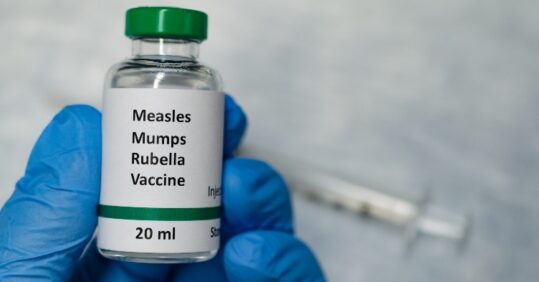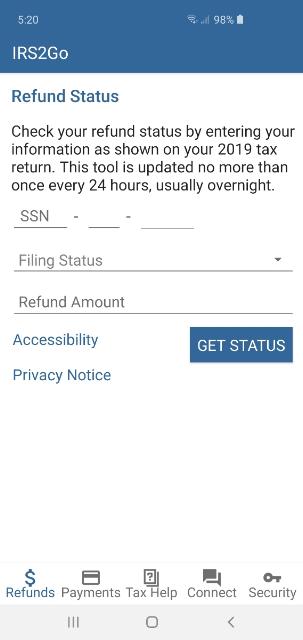Can mmr vaccine be given twice.
If you’re looking for can mmr vaccine be given twice pictures information linked to the can mmr vaccine be given twice topic, you have come to the right site. Our site always gives you suggestions for seeing the highest quality video and picture content, please kindly search and find more informative video articles and graphics that fit your interests.
 Congressional Hearing On Measles Outbreak Highlighted By Anger Disruptions From nbcnews.com
Congressional Hearing On Measles Outbreak Highlighted By Anger Disruptions From nbcnews.com
These antibodies make the MMR vaccine less effective if its given to a newborn. Your midwife will give you a letter to take to your GP. See the short video under Is the vaccine safe at the bottom of the page. Public Health England advises yellow fever and MMR vaccines should not be administered on the same day.
Once pregnant they wont be able to get vaccinated until 4 weeks after delivery.
Babies are offered 2 doses of pneumococcal vaccine at 12 weeks and at 1 year of age. It will usually be given to you before you leave hospital. The first is given at 12 months of age and another one is given at 18 months of age. The first dose of MMR vaccine is recommended at 12 through 15 months of age and the second dose is recommended at 4 through 6 years of age. The first dose is given at 12-13 months in the UK schedule.
 Source: nursinginpractice.com
Source: nursinginpractice.com
The vaccine is not usually given earlier than this because studies have shown it does not work so well in children under 1 year of age. The MMR vaccine is given by injection into the upper arm. The most common side effects seen in teenagers and young people are redness hardening and itching at the injection site a high temperature above 38C headache feeling sick nausea and tiredness fatigue. The vaccine is not usually given earlier than this because studies have shown it does not work so well in children under 1 year of age. The first dose of MMR vaccine is recommended at 12 through 15 months of age and the second dose is recommended at 4 through 6 years of age.
Once pregnant they wont be able to get vaccinated until 4 weeks after delivery.
MenACWY vaccine side effects. When protection is rapidly required the vaccines can be given at any interval. Ideally women of childbearing age should get at least one dose of the MMR vaccine before becoming pregnant. Once pregnant they wont be able to get vaccinated until 4 weeks after delivery.
 Source: carenow.com
Source: carenow.com
Children and adults with certain long-term health conditions such as a serious heart or kidney condition. Each vaccine that has been approved by the MHRA requires two doses to reach full immunity from the virus. Children get two doses of MMR vaccine. People aged 65 and over only need a single pneumococcal vaccination.
 Source: theguardian.com
Source: theguardian.com
Before working in a healthcare setting attending college or traveling internationally adolescents and adults should get two doses of the MMR vaccine. 19 September 2019 Revised and updated the vaccine incident guidance. These antibodies make the MMR vaccine less effective if its given to a newborn. There should be a 4-week minimum interval between the vaccines.
 Source: sciencedirect.com
Source: sciencedirect.com
Updated advice in section 97 and recommendations in pneumococcal vaccines sections in appendix D. The 2nd dose is given at around 3 years and 4 months before a child starts school. Before working in a healthcare setting attending college or traveling internationally adolescents and adults should get two doses of the MMR vaccine. People aged 65 and over only need a single pneumococcal vaccination.
The most common side effects seen in teenagers and young people are redness hardening and itching at the injection site a high temperature above 38C headache feeling sick nausea and tiredness fatigue. CDC recommends all children get two doses of MMR measles-mumps-rubella vaccine starting with the first dose at 12 through 15 months of age and the second dose at 4 through 6 years of age. Under the National Immunisation Program NIP two doses of MMR containing vaccine are given to all children. The MMR vaccine is part of the routine NHS childhood immunisation schedule.
For example the minimum interval between the first and second doses of MMR is 4 weeks and the minimum interval between the first and second doses of varicella vaccine is 12 weeks.
Children are invited to have the first dose on or soon after their first birthday. Theyll then have a second pre-school dose when theyre three years and four months old or soon after. For convenience the second dose can be given by your GP to fit in with your six week check appointment. Children get two doses of MMR vaccine. This vaccine is not given annually like the flu jab.

The 2nd dose is given at around 3 years and 4 months before a child starts school. MenACWY vaccine side effects. Your child will need two doses of MMR to be sure they have full protection. The MMR vaccine is part of the routine NHS childhood immunisation schedule. The most common side effects seen in teenagers and young people are redness hardening and itching at the injection site a high temperature above 38C headache feeling sick nausea and tiredness fatigue.
Theyll then have a second pre-school dose when theyre three years and four months old or soon after. The first is given at 12 months of age and another one is given at 18 months of age. MMR at 3 years and 4 months. When protection is rapidly required the vaccines can be given at any interval.
MMR at 3 years and 4 months.
Theyll then have a second pre-school dose when theyre three years and four months old or soon after. The first is given at 12 months of age and another one is given at 18 months of age. Once pregnant they wont be able to get vaccinated until 4 weeks after delivery. For measles the CDC advises a second dose for adults who.
 Source: dw.com
Source: dw.com
See the short video under Is the vaccine safe at the bottom of the page. Children and adults with certain long-term health conditions such as a serious heart or kidney condition. MenACWY vaccine side effects. People aged 65 and over only need a single pneumococcal vaccination.
 Source: nationalgeographic.com
Source: nationalgeographic.com
The CDC recommends an MMR vaccine for infants 6 to 11 months old who will be traveling outside the United States. An additional dose of MMR should be considered and re-vaccination with the yellow fever vaccine can also be considered in those at on-going risk. Children are invited to have the first dose on or soon after their first birthday. Ideally women of childbearing age should get at least one dose of the MMR vaccine before becoming pregnant.
 Source: sciencedirect.com
Source: sciencedirect.com
The combination measles-mumps-rubella MMR vaccine is a two-dose vaccine series that effectively protects against all three viruses. The first dose is given at 12-13 months in the UK schedule. Once pregnant they wont be able to get vaccinated until 4 weeks after delivery. This helps protect them for a short time against measles mumps and rubella.
The second dose can be given at an earlier age for example during an outbreak or before traveling abroad provided that it is given at least 28 days after the first dose.
The first dose of MMR vaccine is recommended at 12 through 15 months of age and the second dose is recommended at 4 through 6 years of age. The 2nd dose is given at around 3 years and 4 months before a child starts school. This vaccine is not given annually like the flu jab. Once pregnant they wont be able to get vaccinated until 4 weeks after delivery. For convenience the second dose can be given by your GP to fit in with your six week check appointment.
 Source: nationalgeographic.com
Source: nationalgeographic.com
The MMR vaccine is part of the routine UK childhood immunisation programme. The MMR vaccine is part of the routine UK childhood immunisation programme. People aged 65 and over only need a single pneumococcal vaccination. For convenience the second dose can be given by your GP to fit in with your six week check appointment. Children and adults with certain long-term health conditions such as a serious heart or kidney condition.
The MMR vaccine is part of the routine NHS childhood immunisation schedule.
For measles the CDC advises a second dose for adults who. The second dose at 18 months of age is usually a combined vaccine against measles mumps rubella and chickenpox varicella called an MMRV vaccine. Were previously given a vaccine made with killed measles instead of the live-type of vaccine used today Were given an MMR vaccine. See the short video under Is the vaccine safe at the bottom of the page.
 Source: nationalgeographic.com
Source: nationalgeographic.com
The first dose is given at 12-13 months in the UK schedule. The 2nd dose is given at around 3 years and 4 months before a child starts school. Babies are offered 2 doses of pneumococcal vaccine at 12 weeks and at 1 year of age. There should be a 4-week minimum interval between the vaccines.
 Source: theguardian.com
Source: theguardian.com
19 September 2019 Revised and updated the vaccine incident guidance. In fact more than 93 percent of people who get the first dose of MMR develop immunity to measles. An additional dose of MMR should be considered and re-vaccination with the yellow fever vaccine can also be considered in those at on-going risk. For example the minimum interval between the first and second doses of MMR is 4 weeks and the minimum interval between the first and second doses of varicella vaccine is 12 weeks.

19 September 2019 Revised and updated the vaccine incident guidance. Your midwife will give you a letter to take to your GP. The MMR vaccine is part of the routine NHS childhood immunisation schedule. This vaccine is not given annually like the flu jab.
The first is given at 12 months of age and another one is given at 18 months of age.
People aged 65 and over only need a single pneumococcal vaccination. There should be a 4-week minimum interval between the vaccines. CDC recommends all children get two doses of MMR measles-mumps-rubella vaccine starting with the first dose at 12 through 15 months of age and the second dose at 4 through 6 years of age. The first dose is offered to babies at 12 to 13 months of age with a. The MMR vaccine is part of the routine NHS childhood immunisation schedule.

This helps protect them for a short time against measles mumps and rubella. Children are invited to have the first dose on or soon after their first birthday. MMR at 3 years and 4 months. Babies are offered 2 doses of pneumococcal vaccine at 12 weeks and at 1 year of age. These antibodies make the MMR vaccine less effective if its given to a newborn.
An additional dose of MMR should be considered and re-vaccination with the yellow fever vaccine can also be considered in those at on-going risk.
Once pregnant they wont be able to get vaccinated until 4 weeks after delivery. See the short video under Is the vaccine safe at the bottom of the page. The second dose can be given at an earlier age for example during an outbreak or before traveling abroad provided that it is given at least 28 days after the first dose. By the time a child is 1 year old the antibodies are almost gone and the MMR vaccine will be effective.
 Source: nbcnews.com
Source: nbcnews.com
The CDC recommends an MMR vaccine for infants 6 to 11 months old who will be traveling outside the United States. It is important to have two doses of MMR to be fully protected. Theyll then have a second pre-school dose when theyre three years and four months old or soon after. The 2nd dose is given at around 3 years and 4 months before a child starts school. For convenience the second dose can be given by your GP to fit in with your six week check appointment.

Were previously given a vaccine made with killed measles instead of the live-type of vaccine used today Were given an MMR vaccine. After the second dose about 97 percent of people are protected. The MMR vaccine is part of the routine NHS childhood immunisation schedule. Were previously given a vaccine made with killed measles instead of the live-type of vaccine used today Were given an MMR vaccine. The vaccine is not usually given earlier than this because studies have shown it does not work so well in children under 1 year of age.
 Source: dw.com
Source: dw.com
The MMR vaccine is given by injection into the upper arm. People aged 65 and over only need a single pneumococcal vaccination. Before working in a healthcare setting attending college or traveling internationally adolescents and adults should get two doses of the MMR vaccine. It is important to have two doses of MMR to be fully protected. Babies are offered 2 doses of pneumococcal vaccine at 12 weeks and at 1 year of age.
This site is an open community for users to do submittion their favorite wallpapers on the internet, all images or pictures in this website are for personal wallpaper use only, it is stricly prohibited to use this wallpaper for commercial purposes, if you are the author and find this image is shared without your permission, please kindly raise a DMCA report to Us.
If you find this site good, please support us by sharing this posts to your favorite social media accounts like Facebook, Instagram and so on or you can also bookmark this blog page with the title can mmr vaccine be given twice by using Ctrl + D for devices a laptop with a Windows operating system or Command + D for laptops with an Apple operating system. If you use a smartphone, you can also use the drawer menu of the browser you are using. Whether it’s a Windows, Mac, iOS or Android operating system, you will still be able to bookmark this website.





